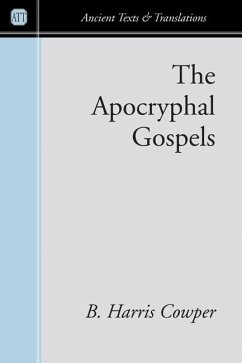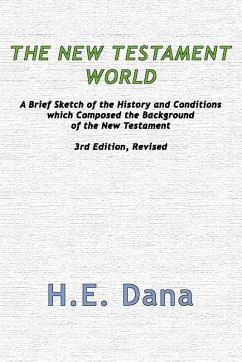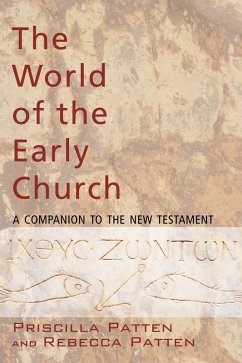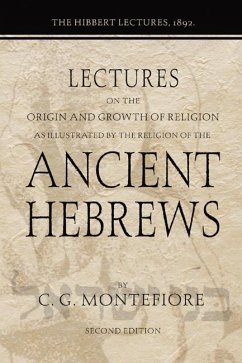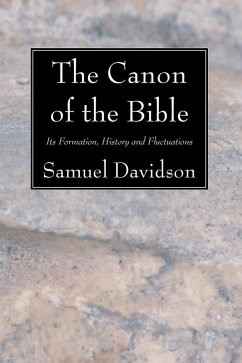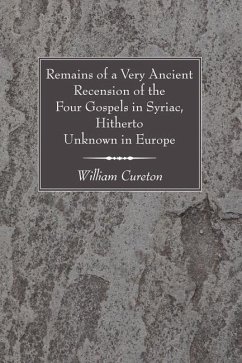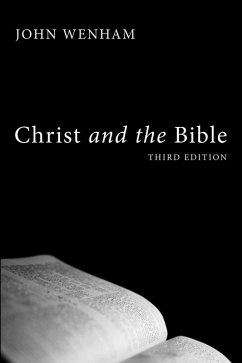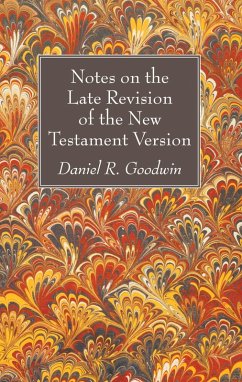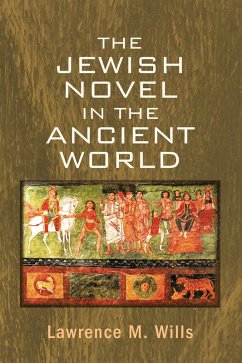
The Jewish Novel in the Ancient World (eBook, PDF)

PAYBACK Punkte
9 °P sammeln!
Lawrence M. Wills here traces the literary evolution of popular Jewish narratives written during the period 200 BCE-100 CE. In many ways, these narratives were similar to Greek and Roman novels of the same era, as well as to popular novels of indigenous peoples within the Roman Empire. Yet, as a group, they demonstrated a variety of novelistic innovations: the inclusion of adventurous episodes, passages of description and of dialogue, concern with psychological motivation, and the introduction of female characters. Wills focuses on five novels: Greek Esther, Greek Daniel, Judith, Tobit, and Jo...
Lawrence M. Wills here traces the literary evolution of popular Jewish narratives written during the period 200 BCE-100 CE. In many ways, these narratives were similar to Greek and Roman novels of the same era, as well as to popular novels of indigenous peoples within the Roman Empire. Yet, as a group, they demonstrated a variety of novelistic innovations: the inclusion of adventurous episodes, passages of description and of dialogue, concern with psychological motivation, and the introduction of female characters. Wills focuses on five novels: Greek Esther, Greek Daniel, Judith, Tobit, and Joseph and Aseneth. Drawing on a wide range of theoretical works, he delineates the techniques and motifs of the Jewish novel, shows how the genre both initiated and distanced itself from nonfictional prose such as historical and philosophical writing, discusses its relation to Greco-Roman romance, and describes the social conditions governing its emergence and reception. Wills also places the novels in historical context, situating them between the Hebrew Bible, on the one hand, and subsequent developments in Jewish and Christian literature on the other. Wills sees the Jewish novel as a popular form of writing that provided amusement for an expanding audience of Jewish entrepreneurs, merchants, and bureaucrats. In an important sense, he maintains, it was a product of the "novelistic impulse": the impulse to transfer oral stories to a written medium to reach a more literate audience.
Dieser Download kann aus rechtlichen Gründen nur mit Rechnungsadresse in A, D ausgeliefert werden.




